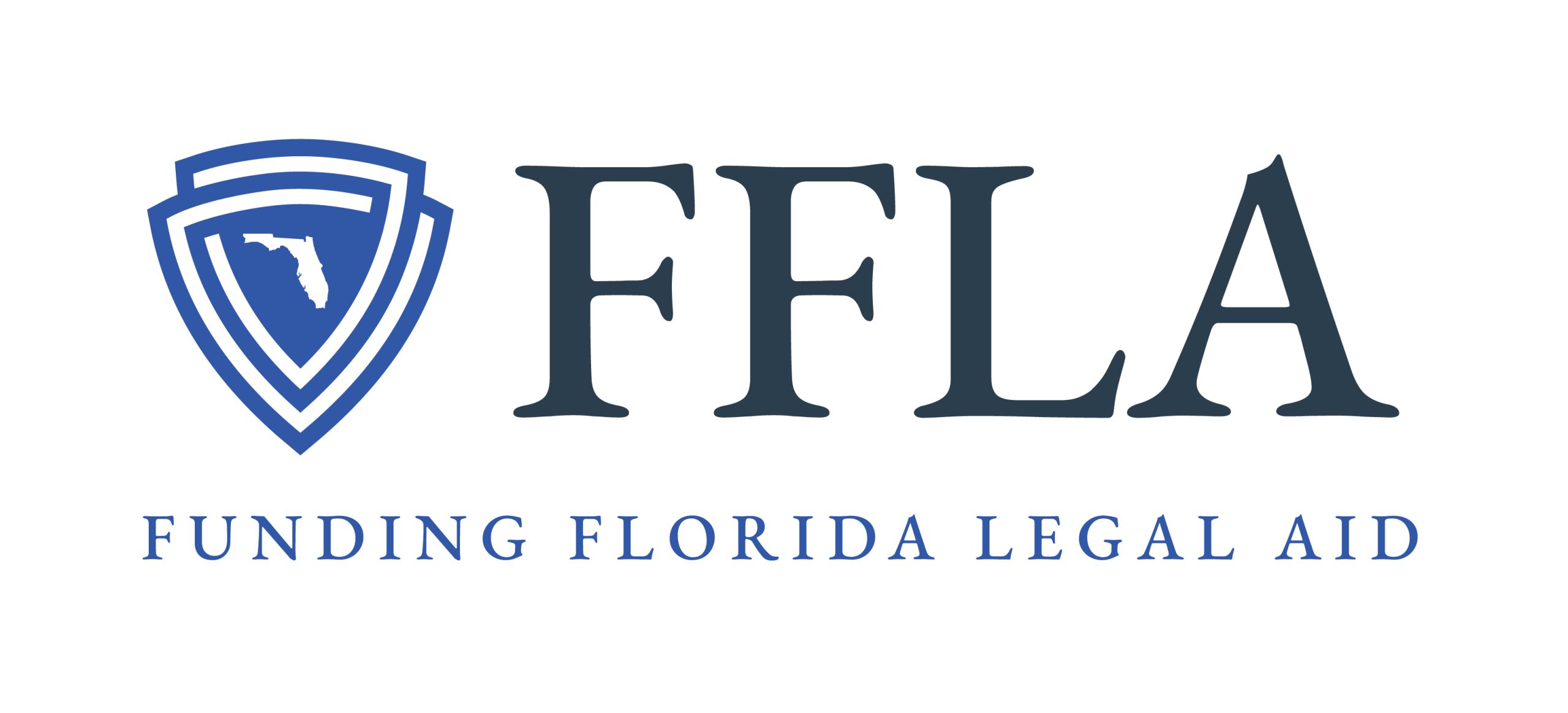Repossession
If you fall behind on your car loan payments, your lender can take back your car. This is called “repossession”. A “lender” is the person or company that you agreed to pay on a regular basis when they financed the purchase of your car. When you fall so far behind in the payments that you owe to your lender, the car repossession company or an agent that they hire can simply come to your home and take your vehicle. They do not need your permission.
When a home that you own is being repossessed by the lender, this is a type of repossession that is called a mortgage foreclosure. Information about foreclosures are not included in this page.
When your car is repossessed, your credit score is affected and it will become more difficult for you to purchase another financed (loan) vehicle in the future. Aside from the loss of your transportation, repossession can take years of financial recovery.
WHAT ARE YOUR RIGHTS?
Your lender and their repossession agent is NOT required to send you a written notice before sending an agent to repossess your car.
When a lender repossesses your car, they will hire a repossession agent, sometimes known as the “Repo Man,” to come and take the car from you. The agent must complete the repossession in a reasonable manner. If the repossession is conducted in an unreasonable manner, it is considered a “breach of the peace.” If this happens, you may be entitled to compensation for damages caused on your property or you may be able to use what happened to defend yourself against a “deficiency lawsuit.” A “deficiency” is when you owe more money for the car than it is worth or can be sold for.
Examples of breaching the peace:
- Using or threatening to use physical force against you to take the car back
- Pushing-in or cutting away gates, barricades, doors, enclosures, buildings, or chains
- Pretending to be a police officer
- Kicking at your door
- Taking or attempting to take the vehicle when someone is inside the car and refuses to leave it
The repossession agent cannot force themselves into your closed garage. They are “breaching the peace” if they enter your home without permission in order to gain possession of the car. It doesn’t matter if anyone is home and it does not matter if the doors or windows are locked – they are not allowed to enter your home without your permission.
If the repossession agent trespasses on your property in order to take the car, this may breach the peace. If you become aware of their intrusion and you tell them to leave, they must leave. If they do not leave, they are trespassing and you have the right to call the police to get them removed.
Your lender is NOT required to send you a written notice before sending an agent to repossess your car.
Your lender IS REQUIRED to send you an another type of notification, which is called a Notice of Default and Right of Redemption/Right of Reinstatement. This written notification explain to you what amount you still owe on the car loan, including all fees and extra charges. It must show the payment deadline and the method of payment you’ll have to use to get the vehicle back.
If you are unable to pay off the car loan and gain back the vehicle, the lender must to send you a written notice if they plan to sell the vehicle to another person.
This notice is sometimes included with the Default/Right of Redemption Notice.
Usually, the notice will tell you if the car is being sold at a private sale and the date of the intended sale. If the lender plans to sell the car at a public auction, it must notify you of the time, date, and location of the auction, which gives you the opportunity to bid on the vehicle or to bring your own bidders to the auction.
This notice will also contain contact information to find out more about the upcoming sale.
The Notice of Sale should explain your liability if you still owe money on the loan after the sale, explain how you can obtain a statement of how the money from the car sale are applied to your debt, and explain where you can find a detailed statement of how the lender calculated your debt.
If your car is sold, the lender must provide you a breakdown of how the proceeds of the sale were applied against your debt. The fees may include reasonable costs and expenses of repossessing, storing and disposing of the vehicle, along with reasonable attorney fees (if the loan allows attorneys to be involved), and the final balance of the loan.
Any resale must be conducted in a “commercially reasonable manner.” This means that the lender must sell your car for a reasonable amount of money.
A sale is not commercially reasonable if the resale price is below the fair market value of the car. If this happens, you may have a claim against the creditor for losses or a defense against a deficiency judgment. You may also be entitled to buy back the vehicle by paying the full amount owed, plus any expenses incurred by the creditor. Additionally, you may be able to get your loan back by paying the amount of late payments plus your creditor’s expenses.
The amount that your lender resells the car for may not cover your loan balance and costs.
If the amount of the sale is not sufficient to cover all of these items, then you owe what is called a deficiency balance. The creditor must notify you of the deficiency amount. Normally, if you don’t pay the deficiency, the creditor may take further action, such as suing you for the balance.
If your lender makes more money selling the vehicle than the total amount that you owe on the loan, then there is a surplus (extra) balance.
If this happens, the lender is required to give you an accounting of the extra money and pay it to you.
There is one exception to this requirement. A co-signor is a second person who signed the loan with you when you financed the car. If there is a co-signor on your loan, and the loan document gives the co-signor rights to the surplus balance, the lender must pay the surplus to the co-signor.
Surpluses are not common in car repossession sales, because most vehicles are typically worth much less than what is owed on loan.
A voluntary vehicle repossession is when you return it to the lender because you are unable to make the payments that are due. Voluntarily returning the vehicle to the creditor may reduce your lender’s expenses in repossessing the car and may reduce the amount you will owe the them in the end.
It is important to understand that voluntarily returning the vehicle does not eliminate your obligations to the creditor. You will still be responsible for paying any late fees or a deficiency on your loan. Your lender may still enter the repossession on your credit report. This will lower your credit score and make it more difficult for you to finance another car in the future.
- If you are considering Voluntary Repossession, contact your lender and make plans to return your vehicle. DO NOT just return your car to the dealership, because the dealership may not be the lender of your loan. The dealership will have no responsibility to keep the car safe until the lender receives it.
WHAT DO YOU NEED TO DO?
Call your lender to see if they can offer you a reduction in monthly payment or an interest rate that can help you catch up on your payments. Communication with your lender about late payments can help put off or delay repossession.
If you want to get your car back after it has been repossessed, call the lender immediately to find out what steps to take to get your car back.
Any documents you signed or received from the lender are important if you get sued for a deficiency balance after repossession and resale of the car.
WHAT TO CONSIDER BEFORE TAKING ACTION.
Once your car is repossessed, the loan is not canceled. You still owe the amount left on the loan. If you are the co-signor, you are just as legally responsible as the first signor.

 Home
Home








